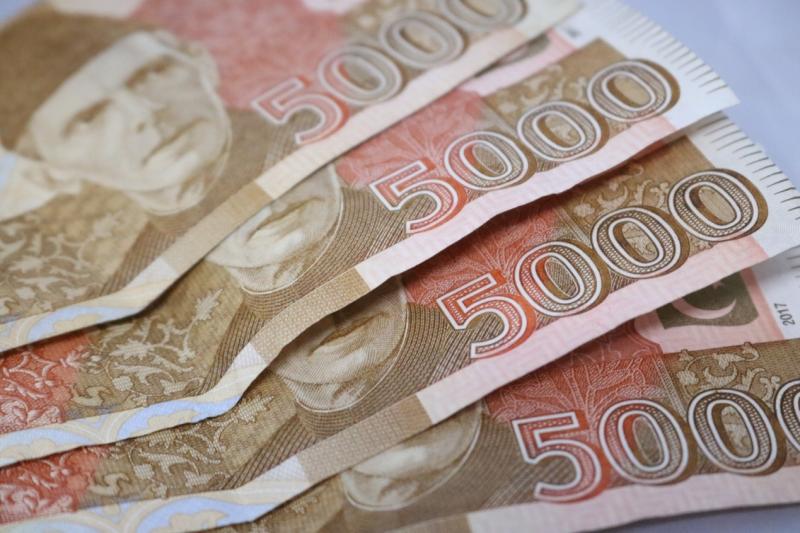A few days ago, Pakistani Prime Minister Shehbaz Sharif announced the decision on Twitter, saying the move would “save precious foreign exchange for the country”. Soon after, Pakistan’s Information Minister Aurangzeb announced at a news conference in Islamabad that the government had banned the import of all non-essential luxury goods under an “emergency economic plan”.
Prohibited imports mainly include: automobiles, mobile phones, household appliances, fruits and dried fruits (except Afghanistan), pottery, personal weapons and ammunition, shoes, lighting equipment (except energy-saving equipment), headphones and speakers, sauces, doors and windows, travel bags and Suitcases, sanitary ware, fish and frozen fish, carpets (except Afghanistan), preserved fruit, tissue paper, furniture, shampoo, sweets, luxury mattresses and sleeping bags, jams and jellies, corn flakes, cosmetics, heaters and blowers, sunglasses, Kitchen utensils, soft drinks, frozen meat, juice, pasta, etc., ice cream, cigarettes, shaving supplies, luxury leather clothing, musical instruments, hairdressing supplies such as hair dryers, etc., chocolate, etc.
Aurangzeb said Pakistanis would have to make sacrifices according to the economic plan and the impact of the banned items would be around $6 billion. “We will have to reduce our reliance on imports,” adding that the government is now focusing on exports.
Meanwhile, Pakistani officials and representatives of the International Monetary Fund began talks in Doha on Wednesday to revive the stalled $6 billion Extension Fund (EFF) program. This is seen as critical to Pakistan’s cash-strapped economy, whose foreign exchange reserves have plummeted in recent weeks due to import payments and debt servicing. Sellers pay attention to the risk of foreign exchange collection.
Last week, foreign exchange reserves held by Pakistan’s central bank fell another $190 million to $10.31 billion, the lowest level since June 2020, and remained at the level of imports for less than 1.5 months. With the dollar rising to unknown heights, stakeholders have warned that a weaker rupee could expose Pakistanis to a second round of inflationary impacts that will hit the lower and middle classes hardest.
It is worth noting that if the final destination of the goods is Afghanistan, passing through Pakistan, the above-mentioned prohibited import goods are acceptable, but the “In Transit Clause” (“Cargo is IN TRANSIT TO Argentina (the place name and the bill of lading PVY”) must be added to the bill of lading Field name) and at the consignee’s own risk, the liner liability terminates in Pakistan (enter the bill of lading PVY place name)”).
For more details, please contact us or follow our Facebook official page: https://www.facebook.com/OujianGroup .
Post time: May-26-2022

